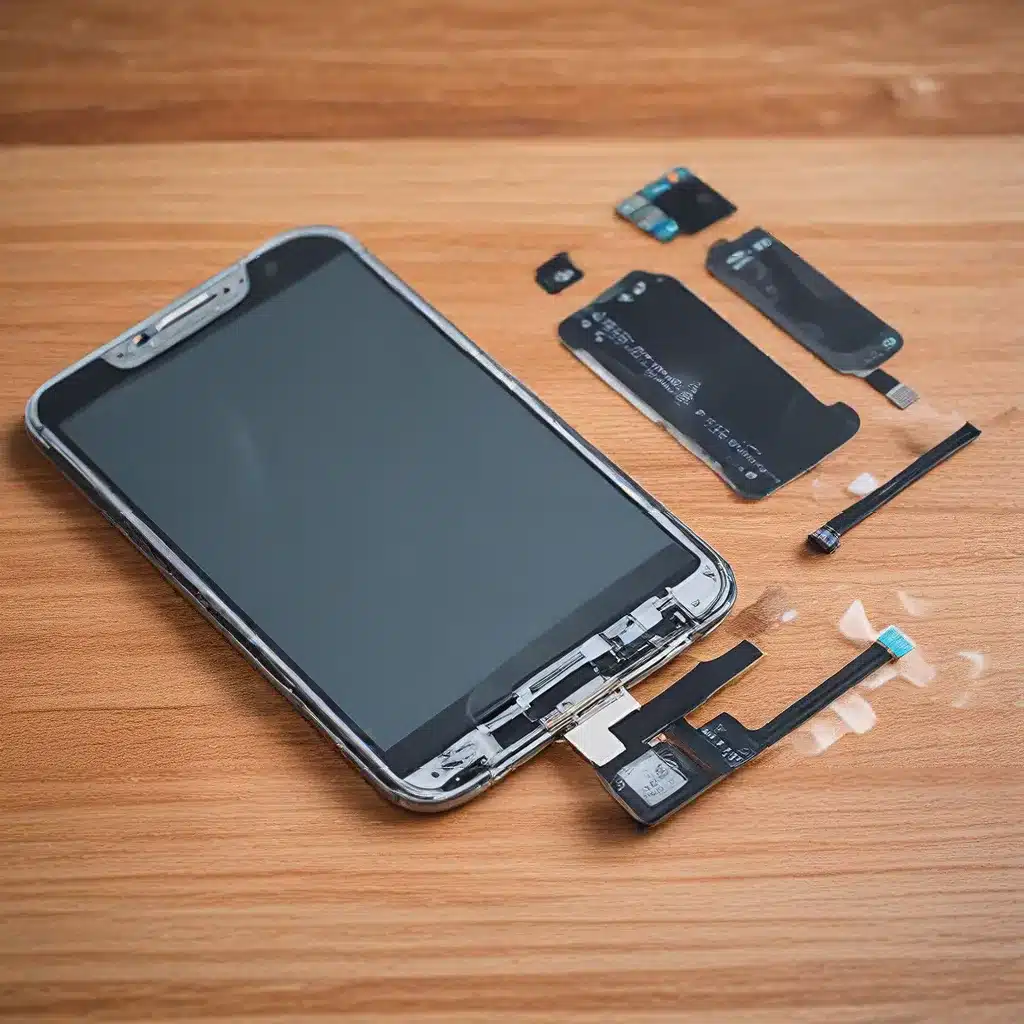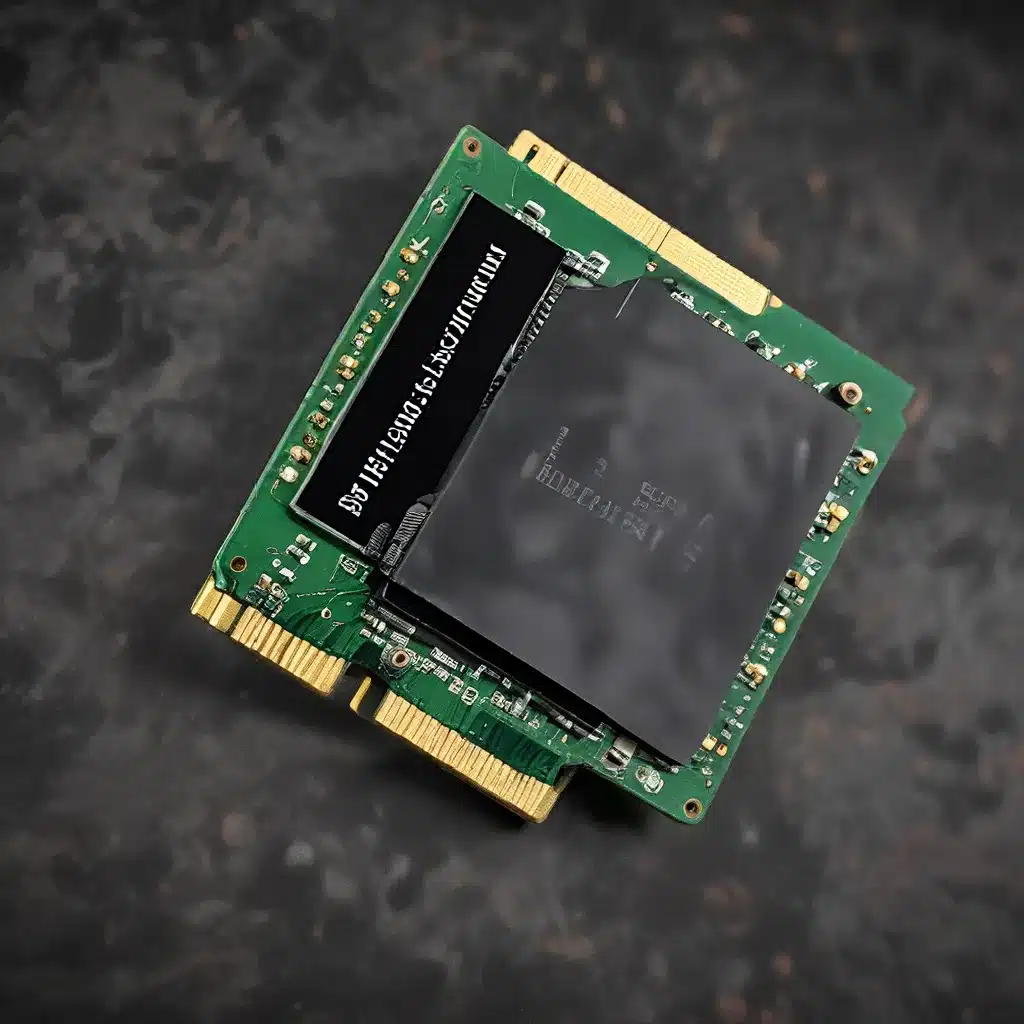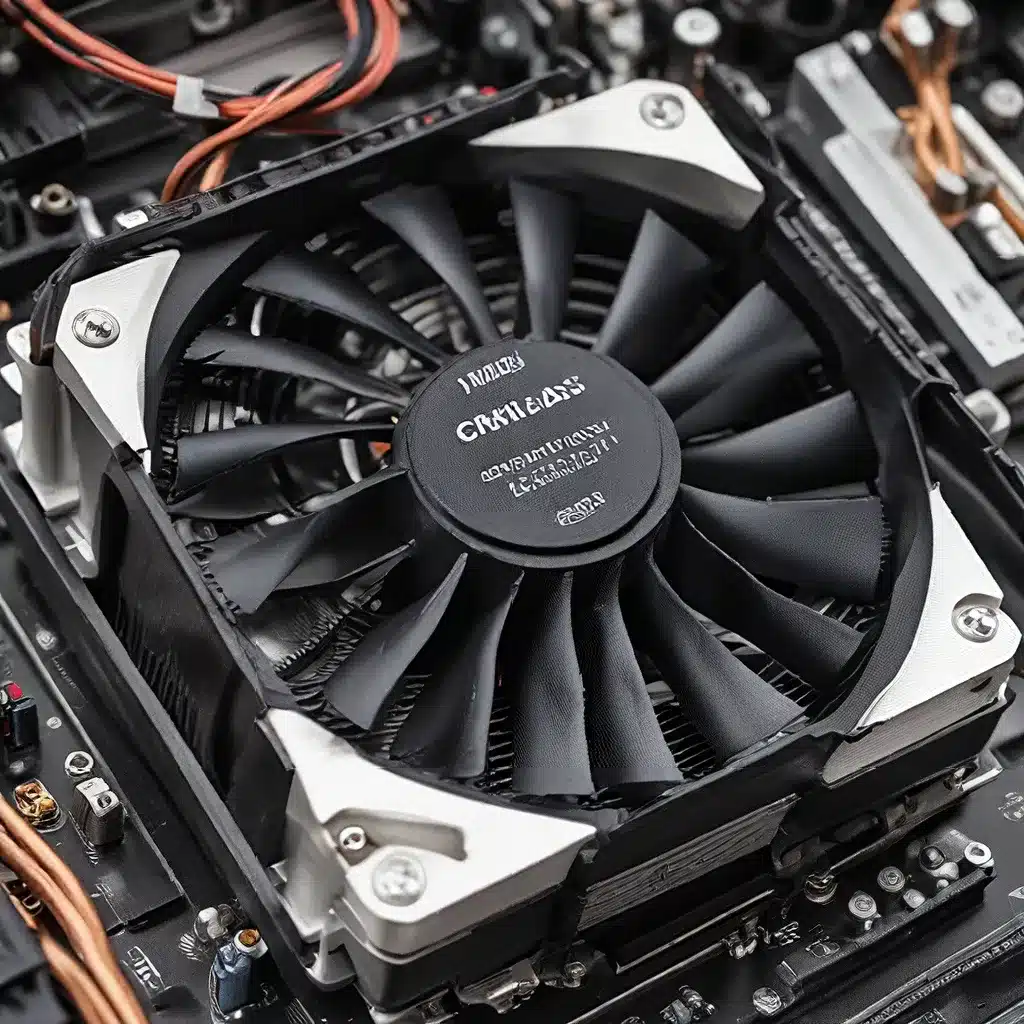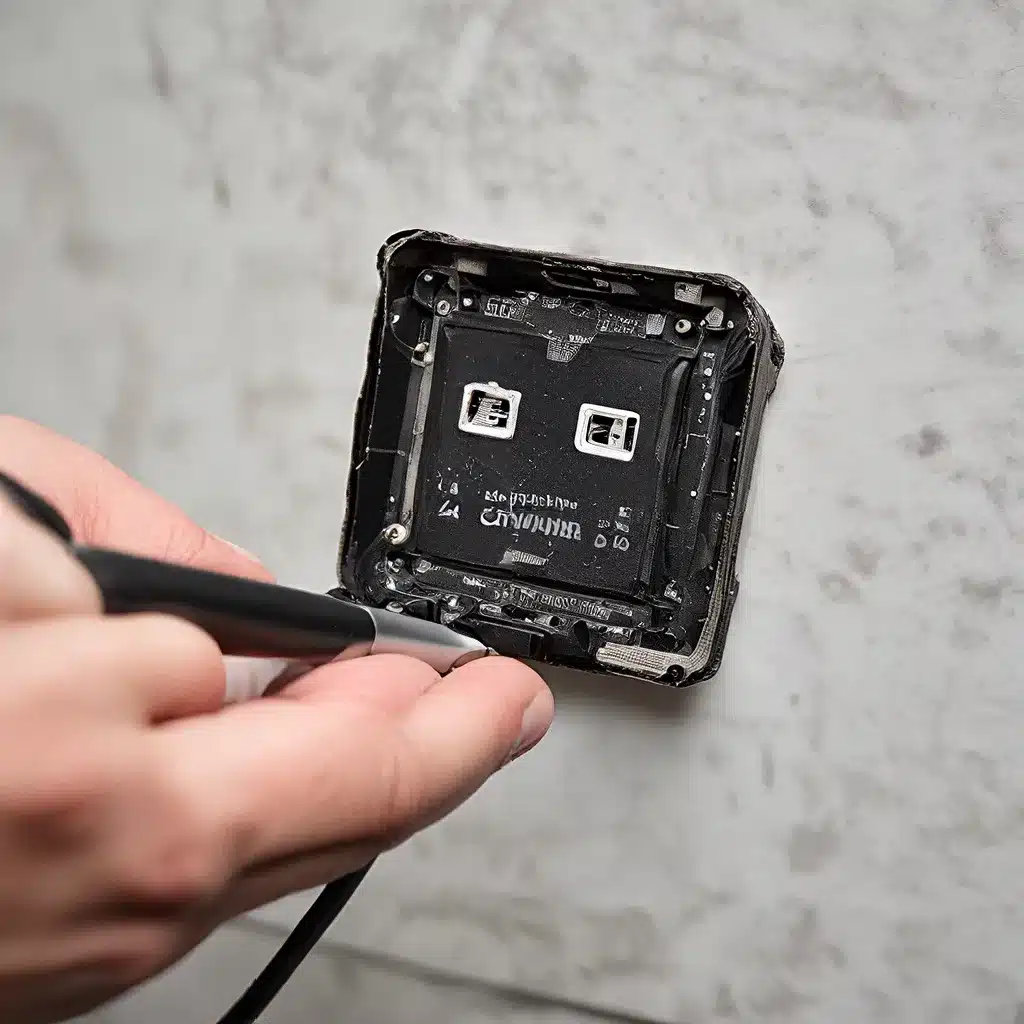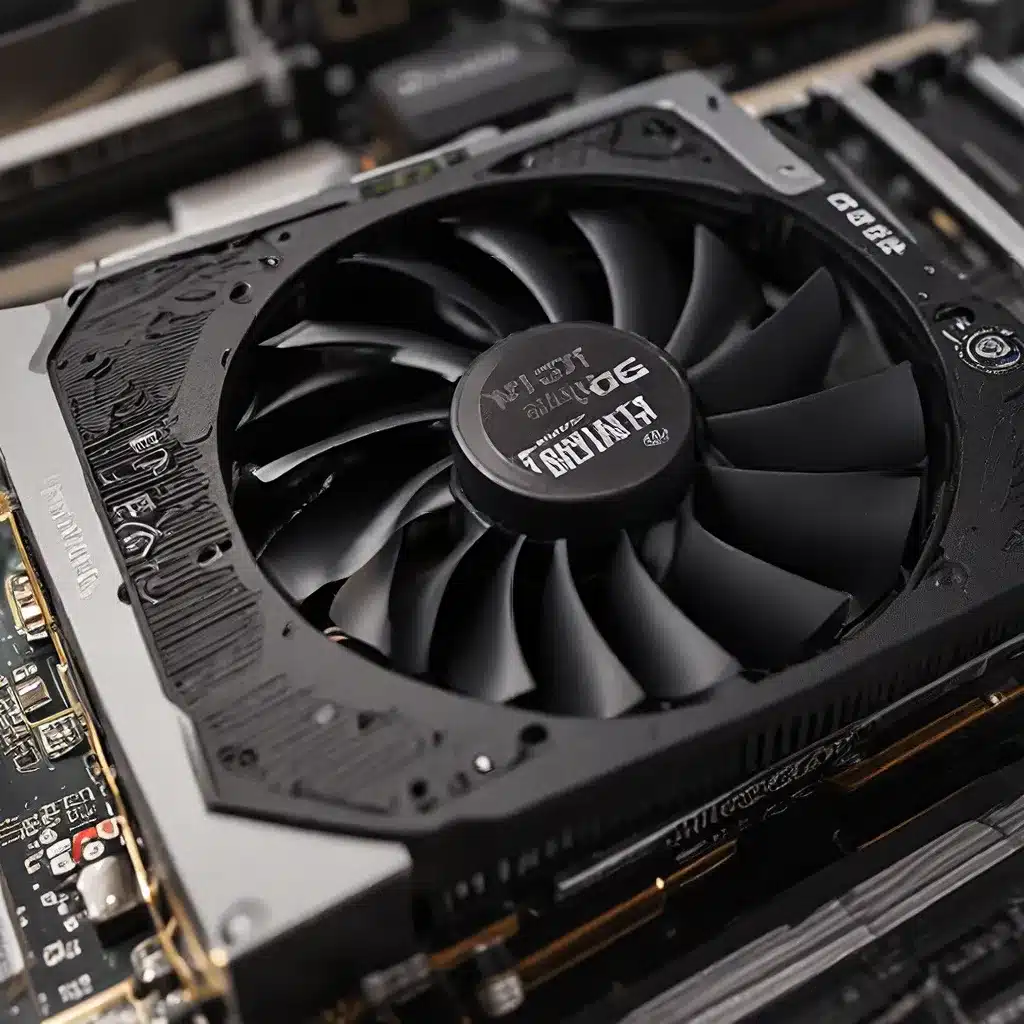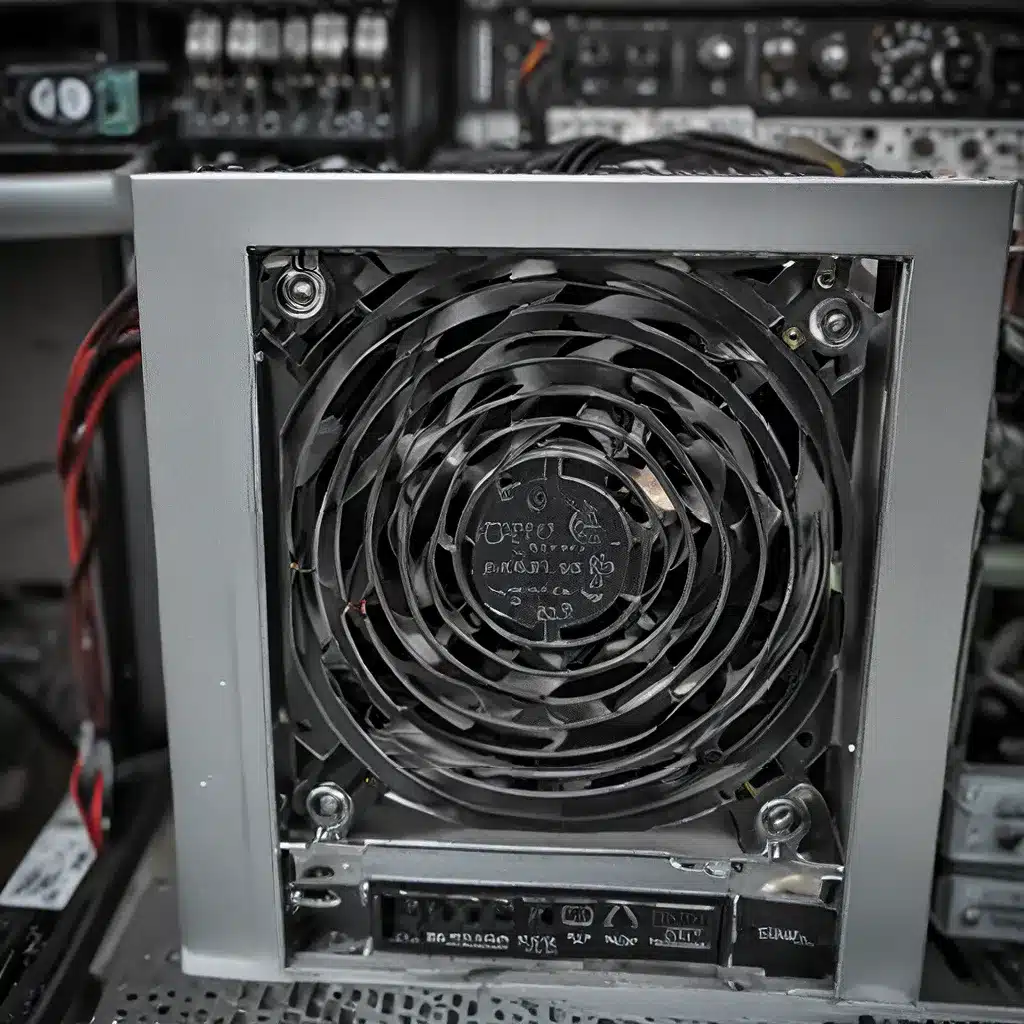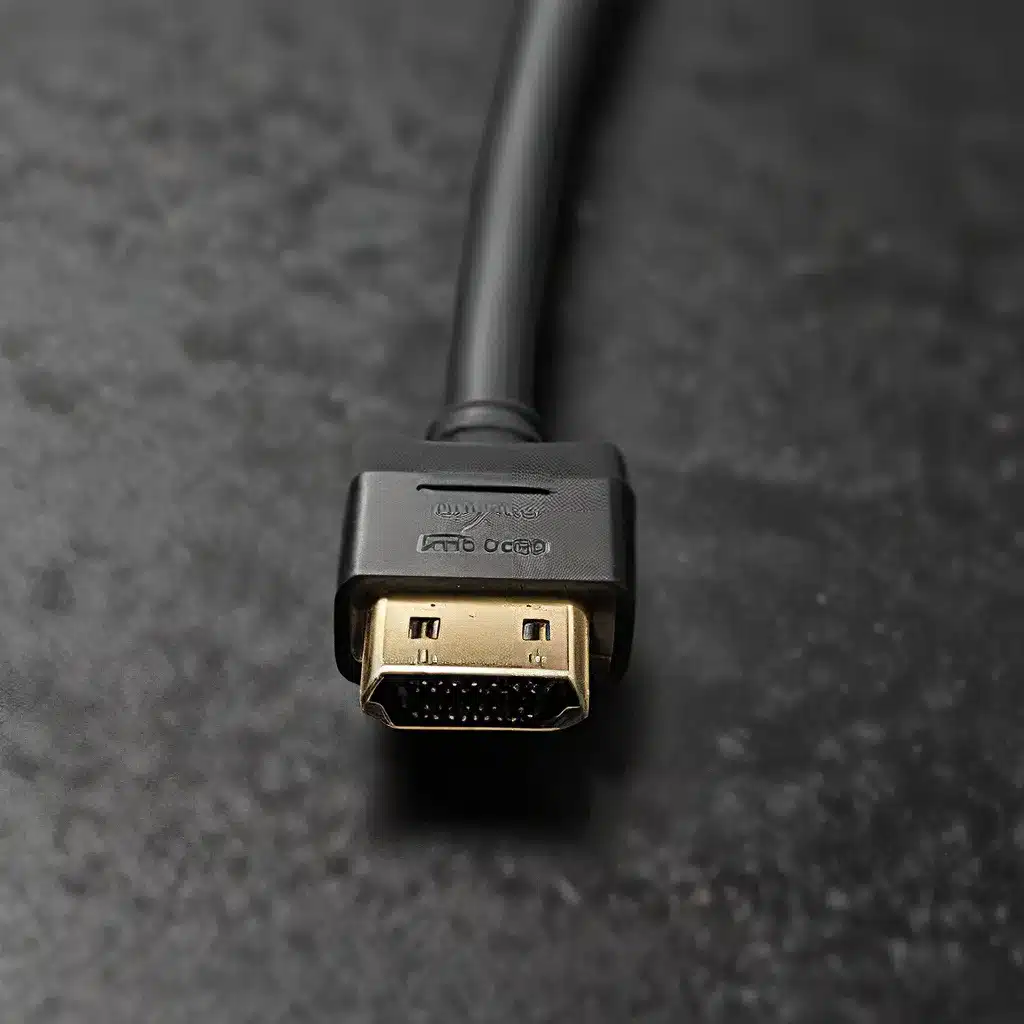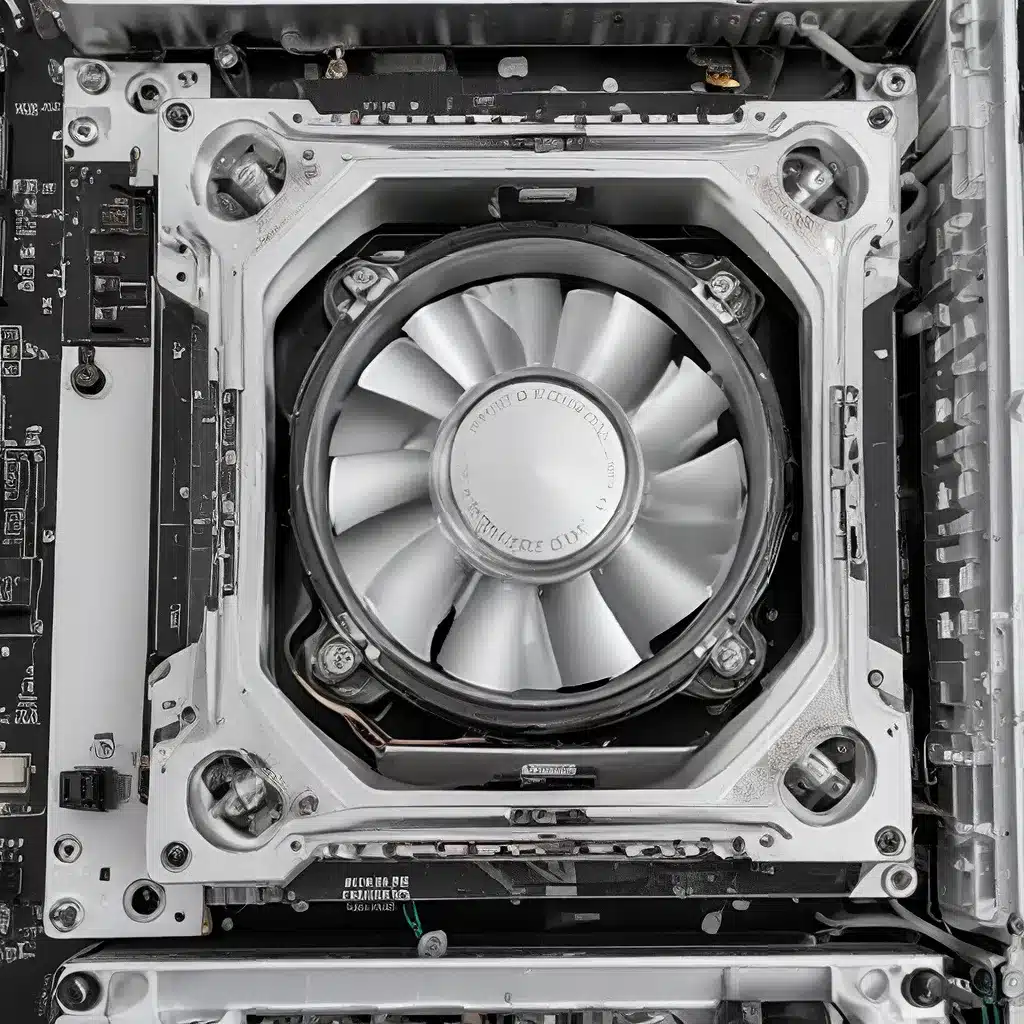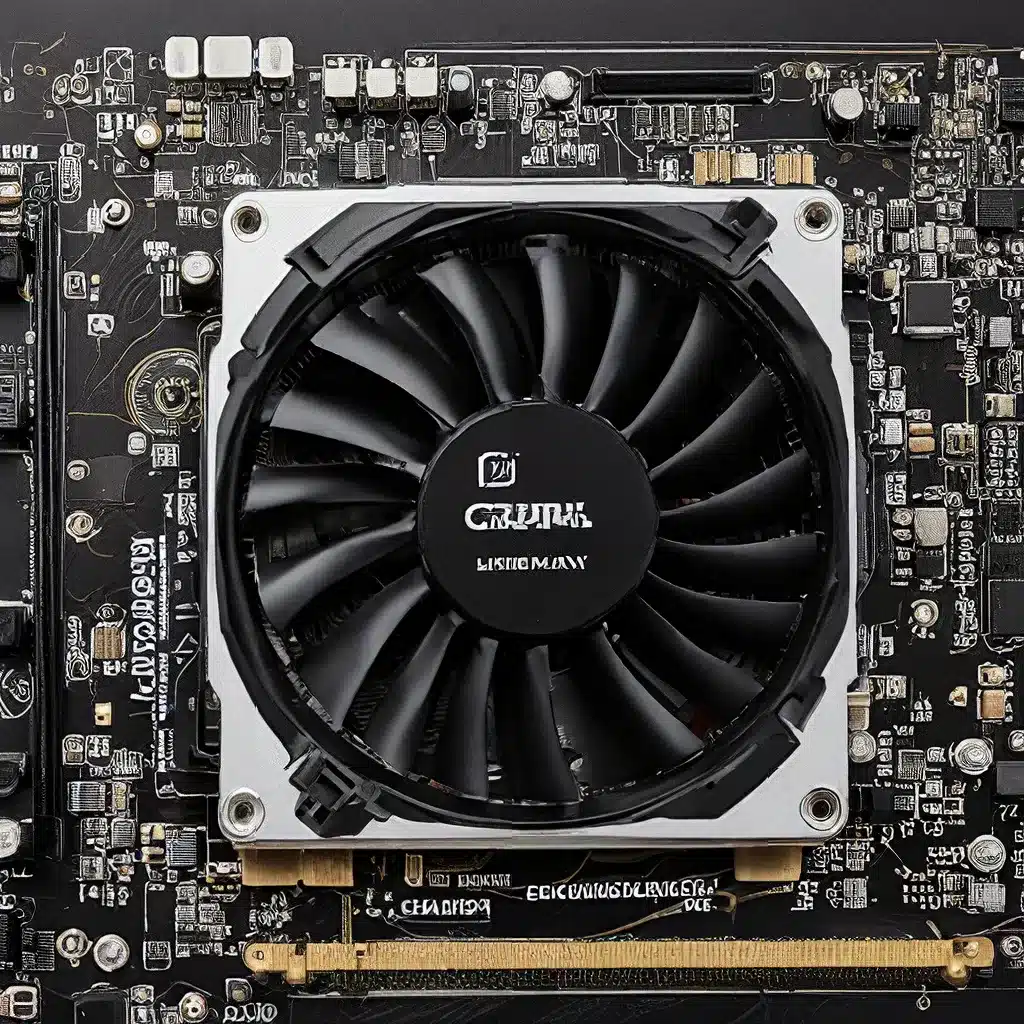The Surprising Benefits of RAM: A Personal Journey
I’ll never forget the day I discovered the power of adding more RAM to my gaming rig. As a self-proclaimed tech geek, I’ve always been on the hunt for ways to squeeze every last drop of performance out of my PC. And when it came to RAM, the conventional wisdom seemed clear – more is not always better.
But boy, was I in for a surprise. [1]
You see, I had a computer with a whopping 32GB of RAM, which I had initially used with just 16GB. During my gaming sessions, I never saw more than 10GB of that memory actively in use. So, according to the experts, there should have been no difference in performance between the two setups, right?
Wrong. [1]
As I started to dig deeper into my personal experience, I uncovered a fascinating discovery – those extra 16GB of RAM were making a noticeable difference, especially when it came to load times in my favorite games.
The Need for Speed (Loading)
Let me give you an example from my time playing “World of Tanks.” [1] I had the game installed on both an internal HDD and an external HDD connected via USB2. And let me tell you, the difference in load times was staggering.
With the SSD, I was always in the game before the countdown even started. But with the 16GB setup on the internal HDD, I was often still loading in after the round had already begun. [1] However, when I bumped up to 32GB, the story changed completely. Suddenly, I was loading in a good 20 seconds before the round even started on the internal HDD, and a full 10 seconds before on the external USB2 drive. [1]
Now, I know what you’re thinking – “But wait, doesn’t that contradict the common advice about RAM?” And you’d be right. Most articles and forum posts I’ve come across adamantly argue against using more RAM than is actively being used. [1] But in my experience, that simply wasn’t the case.
The Power of Caching
You see, the key here lies in the way Linux (and other modern operating systems) handle caching. [1] As it turns out, those extra gigabytes of RAM weren’t just sitting around twiddling their virtual thumbs. No, they were hard at work, preloading assets and data into memory, ready to be accessed at a moment’s notice.
And the results were undeniable. Even though I couldn’t necessarily point to a measurable increase in raw FPS, the difference in load times was night and day. [1] Those extra seconds may not seem like much, but in the world of competitive gaming, they can mean the difference between victory and defeat.
Pushing the Limits
Now, I’ll admit that there’s probably a limit to how much RAM you can throw at a problem before you start to see diminishing returns. [4] But in my experience, that threshold is far higher than the conventional wisdom would have you believe.
In fact, I’d argue that for many users, simply upgrading from 8GB to 16GB or even 32GB could provide a noticeable boost in overall system responsiveness and performance, especially when working with slower storage devices like traditional hard drives. [4]
And the best part? RAM is relatively inexpensive these days, making it one of the most cost-effective upgrades you can make to your rig. [4] So if you’re looking to give your computer a shot in the arm, don’t be afraid to max out those DIMM slots and see what a little extra memory can do.
The Curious Case of the Missing Data
But here’s the real kicker – despite my personal experiences, I couldn’t find any concrete evidence to support my findings. [1] All the articles and forum posts I came across seemed to echo the same tired refrain: more RAM is only useful if you’re actively using it.
Now, I’m not one to question the experts, but in this case, I just couldn’t shake the feeling that there was something more to the story. [1] And so, I set out on a mission to uncover the truth, scouring the internet for any shred of data that might corroborate my observations.
Seeking Validation
As I dug deeper, I came across a few intriguing tidbits of information. [3] Over on the r/lowendgaming subreddit, one user reported a noticeable improvement in load times when upgrading from 4GB to 8GB of RAM on a Ryzen 3 3200U laptop. [3] And on Quora, another individual claimed that going from 8GB to 16GB provided a tangible boost in gaming performance. [2]
But these were just anecdotal reports – I needed something more substantial to really validate my findings. [2,3] That’s when I stumbled upon a fascinating article on HowStuffWorks that shed some light on the relationship between RAM, CPU, and storage. [4]
The Memory-Storage Interplay
According to the article, RAM acts as a sort of “workbench” for your computer, storing the data and applications that the CPU is actively working with. [4] And when that RAM starts to get maxed out, the system has to start dipping into its secondary storage (like your hard drive or SSD) to bring in the information it needs.
The problem is that those storage devices, no matter how fast they may be, are still painfully slow compared to RAM. [4] So when your computer has to start swapping data back and forth between memory and storage, it can cause a significant performance bottleneck.
That’s where the extra RAM comes in. [4] By providing more memory capacity, you can keep more of your frequently used data and applications right at the CPU’s fingertips, reducing the need for those costly storage access times.
A Delicate Balance
Of course, the article also cautioned that there’s a balance to be struck. [4] After all, RAM is not the be-all and end-all of computer performance. Your CPU and storage still play a crucial role, and throwing more memory at the problem won’t necessarily solve every performance woe.
But for many users, especially those with older or lower-end hardware, that extra memory can make a world of difference. [4] And in my case, it’s been the key to unlocking a whole new level of snappiness and responsiveness in my gaming rig.
The Moral of the Story
So, what’s the takeaway here? Well, for starters, don’t be so quick to dismiss the benefits of adding more RAM to your system. [4] While it may not always result in a massive FPS boost, those improvements in load times and overall system responsiveness can be just as impactful, especially in the world of competitive gaming.
And more importantly, don’t be afraid to trust your own experiences and observations, even if they don’t align with the conventional wisdom. [1] Sometimes, the experts may be missing something, and it’s up to us, the intrepid tech enthusiasts, to uncover the hidden truths that lie beneath the surface.
After all, that’s half the fun of being a PC gamer, isn’t it? Always tinkering, always experimenting, always pushing the boundaries of what our rigs can do. [4] So the next time you’re looking to give your computer a performance boost, don’t hesitate to grab those extra sticks of RAM and see what kind of magic you can unlock.
Who knows – you might just be the one to uncover the next big secret in the world of PC optimization. [1]
References:
[1] Reddit post on r/linux_gaming: https://www.reddit.com/r/linux_gaming/comments/15bw81z/why_is_it_always_claimed_that_more_ram_would_not/
[2] Quora post on RAM and gaming performance: https://www.quora.com/Will-upgrading-RAM-from-8GB-to-16-GB-improve-gaming-performance-How-much
[3] Reddit post on r/lowendgaming: https://www.reddit.com/r/lowendgaming/comments/lekbiv/will_adding_more_ram_increase_my_gaming/
[4] HowStuffWorks article on RAM and computer performance: https://computer.howstuffworks.com/question175.htm


